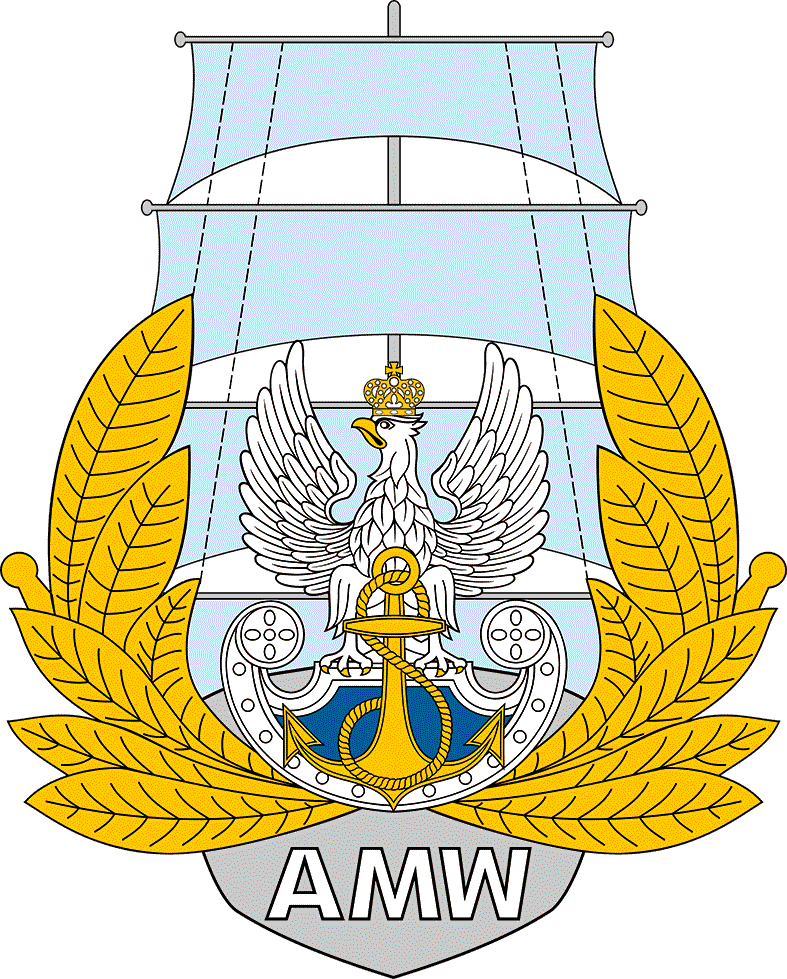THE CAMP OF NATIONAL UNITY IN ELECTIONS TO SEJM AND SENATE IN 1938
Keywords:
elections to the Sejm and the Senate in 1938, The Camp of National UnityAbstract
In 1938, Walery Slawek had the overwhelming majority as elected Speaker of the lower house of the Polish Parliament. His success showed that, despite previous political defeats, he had a high reputation in Parliament. This constituted a threat to the trustees of power in Poland with President and General Inspector of the Armed Forces at the helm, because the growing popularity of Slawek, who was the leader of intra-Sanacja, could threaten their influence. Therefore, Rydz-Smigly agreed to dissolve the Parliament and set a date for elections what had already been postulated by Moscicki even before the election of the Speaker of Parliament when he talked with the future commander in chief. As a result, Walery Slawek was released from his duties and those parliamentarians from the Sejm and Senate who supported him were superseded.
The election campaign was planned on a big scale: political rallies were organized, many posters were put up and numerous other election materials were distributed. All of these activities were meant to encourage citizens to participate in the election and vote for OZN. The authorities wanted to achieve a high level of voter turnaround because some opposition groups announced a boycott of the election. In the end, nearly 70% of those eligible to vote went to the polls and the authorities perceived it as a success. OZN took about 80% of the seats in Parliament. There were certain circumstances that determined this success in the election: events on the international stage, some support from the Catholic Church and a promise to change the electoral system.
Downloads
Published
Issue
Section
License

This work is licensed under a Creative Commons Attribution-NonCommercial-NoDerivatives 4.0 International License.






